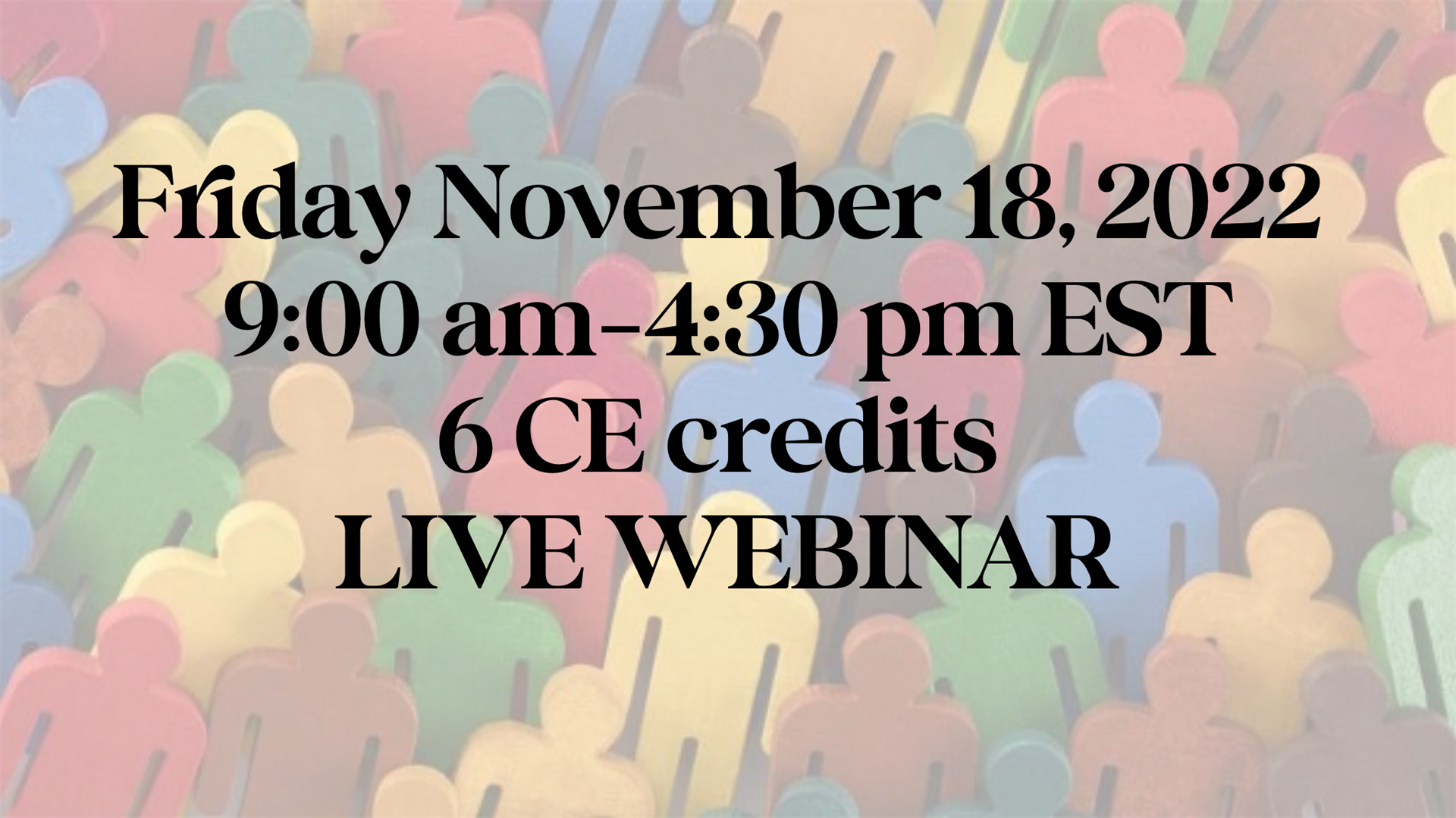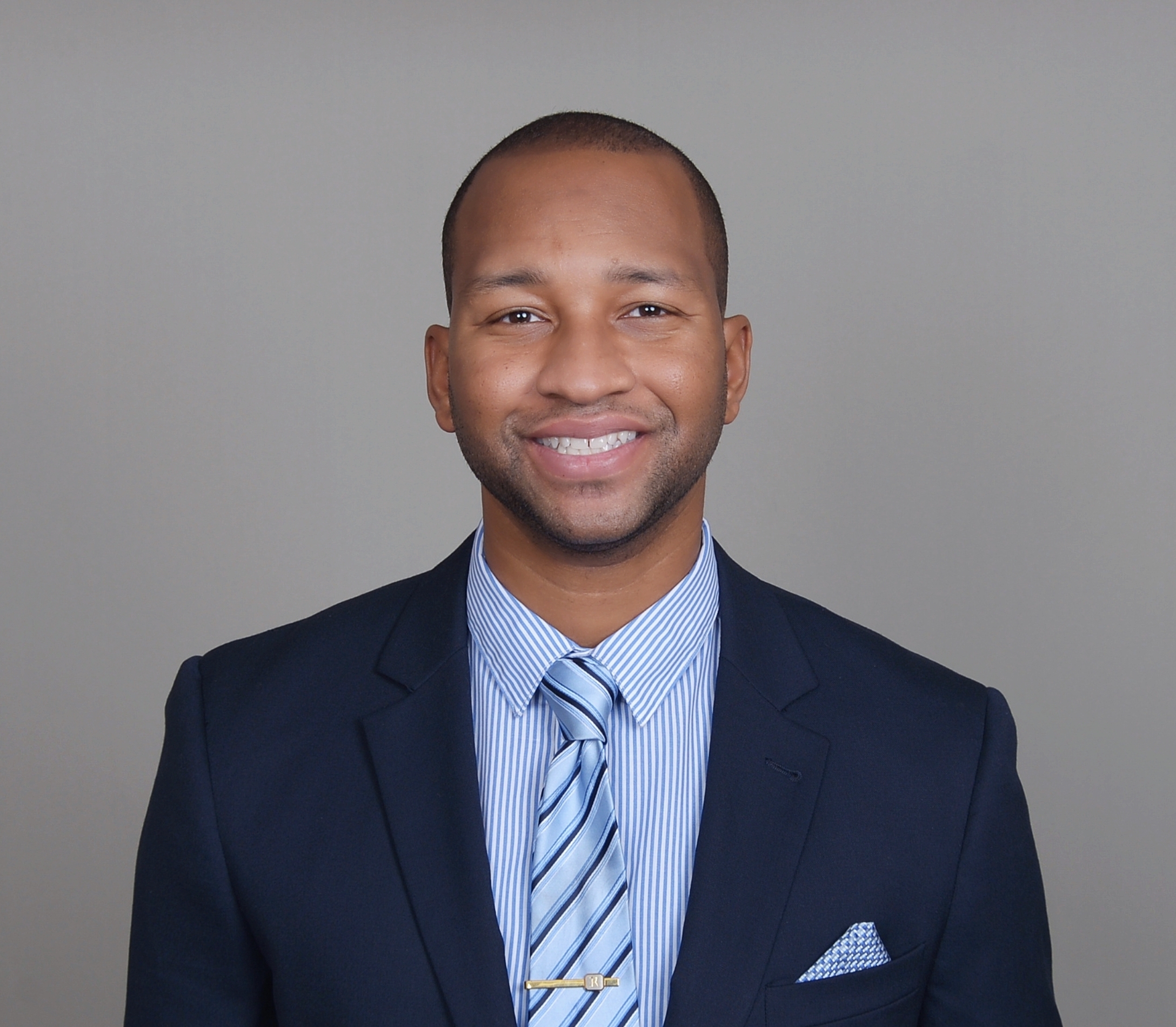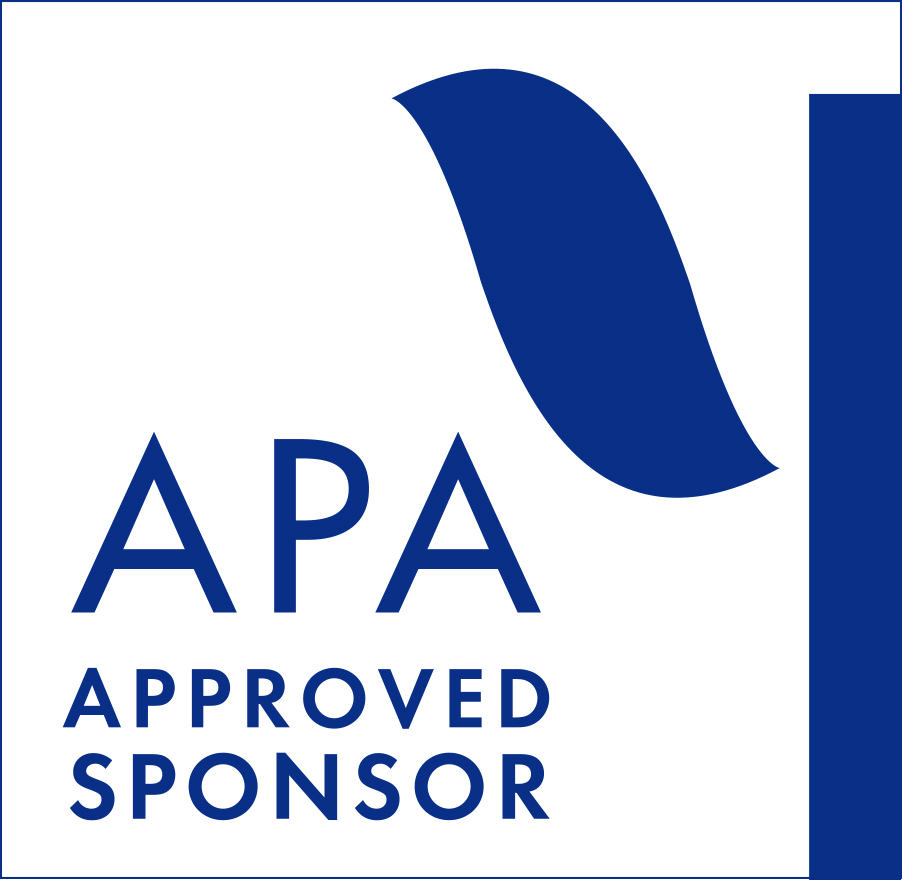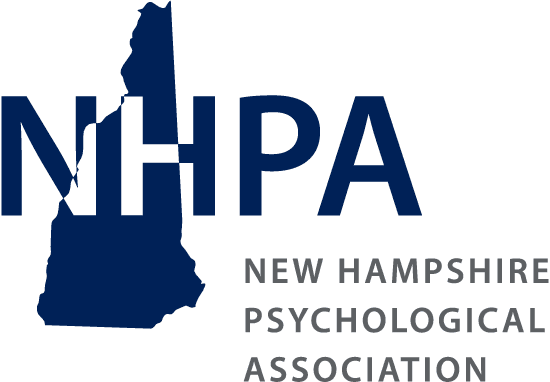
REGISTER HERE
Level of Instruction:
Introductory
Program Description:
Oftentimes we make snap judgments of people we interact with, categorizing them according to gender, social, and other characteristics. This may unintentionally lead to microaggressions, which are subtle, covert forms of discrimination. These microaggressions may happen every single day – and you may not even realize it. Microaggressions may impact your interactions with clients, co-workers, and contribute to detrimental impacts.
During this presentation, participants will learn practical strategies to help identify microaggressions in a clinical setting and discuss the actions we can take to mitigate them. Additionally, coping strategies for those who experience microaggressions will be discussed. Together we will engage in dialogue and focus on how we can be more inclusive and culturally aware within our mental health clinical work.
This all-day training workshop includes three interactive parts outlined below. Each section may include breakout groups, knowledge questions, and various activities to boost participant engagement throughout.
Part 1: Listen and Learn
When speaking on bias and inclusivity, utilizing appropriate self-disclosure and encouraging productive dialogue can be useful with promoting optimal learning and improved insight. Therefore, part 1 will focus on understanding terminology and history related to microaggressions, while also implementing activities that encourage cultural vulnerability and improve awareness of unconscious bias. Utilizing findings from evidence-based research, audience members will also learn about the impact microaggressions may have within the clinical setting.
Part 2: Action and Response
We all hold implicit bias, and that does not make us a bad person, it only makes us human. However literature indicates that effectively challenging biases and utilizing evidence-based response tactics when experiencing microaggressions can mitigate negative impacts. Therefore, part 2 will provide useful strategies to respond to microaggressions and offer techniques when unintentionally perpetuating convert forms of discrimination. Personal self-care strategies will also be discussed.
Part 3: Enhance Workplace Culture
A positive organizational culture should be committed to professional values, which supports clients/co-workers of all different backgrounds (e.g., different genders, races/ethnicities, economic statuses, religions, etc.). Hence, part 3 will focus on boosting organizational practices to create a more inclusive culture.
Learning Objectives:
1. Appraise cultural bias through utilization and implementation of the "LET UP" framework
2. Define and highlight scientific literature on unconscious bias
3. Assess 2 potential impacts of microaggressions in clinical work
4. List the effects of unaddressed microaggressions in supervision and the broader workplace
5. Employ strategies for starting a dialogue on culture in therapy and within the workplace to mitigate discrimination
6. Identify personal bias and organizational barriers that influence clinical work

About the Presenter:
Ryan C. Warner, Ph.D., CRC assists teams with creating a culture of inclusion to maximize their potential. Dr. Warner received a bachelor’s in Community Health- Rehabilitation from the University of Illinois Urbana-Champaign, a master’s in Rehabilitation Psychology from the University of Wisconsin-Madison, and a doctorate in Counseling Psychology from Marquette University. Dr. Warner is a sought-after licensed clinical psychologist, researcher, speaker, and consultant. He is also a certified rehabilitation counselor and credentialed National Register health service psychologist. He has conducted talks and trainings at both national and international levels, has been published in various peer review journals, and has served as a graduate-level instructor. As the Founder and Chief Executive Officer of RC Warner Consulting, LLC, Dr. Warner specializes in integrating psychological, multicultural, and evidenced-based principles to enhance team performance and effectiveness. Dr. Warner is an expert in the study of microaggressions, anti-racism, psychological resilience, and unconscious bias, and his message has been heard by millions of people around the world.
------------------------------
Group Rates Available:
3 - 5 people = $15 off individual rate (member/non-member)
6 - 8 people = $20 off individual rate (member/non-member)
8 + people = $25 off individual rate (member/non-member)
Please contact office@nhpsychology.org for more information. Please include first name, last name and email address for each participant in the group, along with a contact person for the invoice.
Paying with a check:
Checks must be received within one week of the event. If payment has not been received, registrant will still have option to pay online with a credit card up until the day before the program. If an invoice remains open on the day of the event, the registrant will not be allowed to attend.
Cancellation policy:
Refunds, minus a 10% cancellation fee, will be issued for all cancellations received two weeks prior to the start of the course. No refunds or vouchers will be made thereafter. No-shows are not refunded.
Attendance policy:
Full attendance is required to obtain CEs per NHPA policy. No partial credit will be given. Those who attend the workshop and complete the evaluation form will receive 6 continuing education credits. Please note that APA CE rules require that we only give credit to those who attend the entire workshop. Those arriving more than 15 minutes after the scheduled start time or leaving before the workshop is completed will not receive CE credits.
Registrations are Transferable:
Registrants can transfer an event confirmation to another individual. The NHPA office must be notified of the transfer at least 24 hours prior to the event.

This program is sponsored by the New Hampshire Psychological Association. NHPA is approved by the American Psychological Association to sponsor continuing education for psychologists. NHPA maintains responsibility for this program and its content.
NHPA would like to thank the following for support of our educational programming





